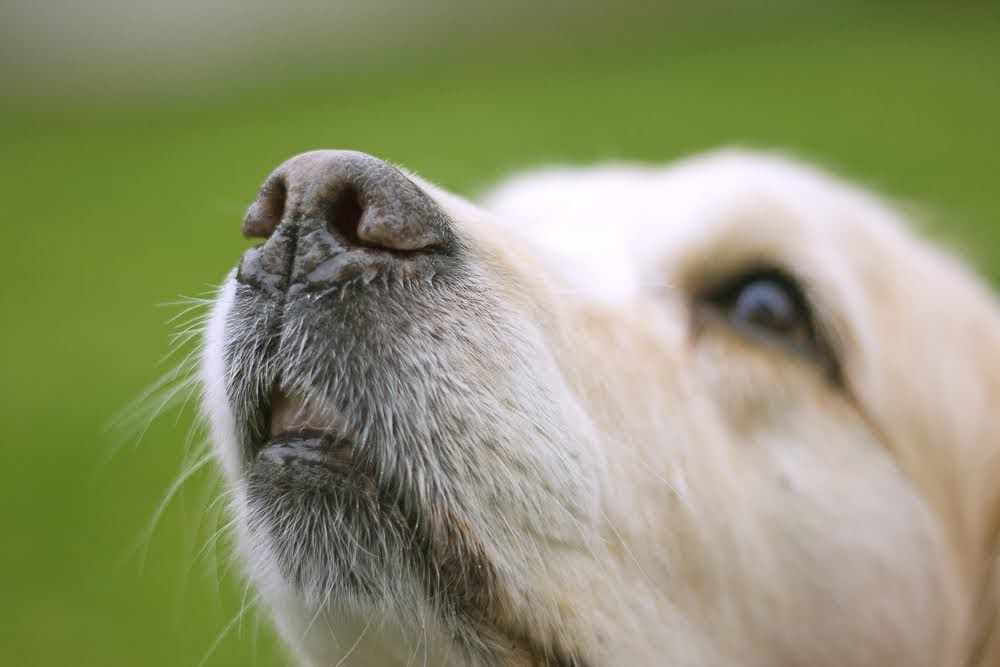Septic Systems and Pets: Important Things to Note

The septic tank is often a critical part of a comfortable and functional home. The tank holds all the wastewater from your home. And if you don't maintain the tank properly, you often only set the system to fail.
One critical yet overlooked septic care tip is to be mindful of your pet. Pets can quickly wreak havoc on your septic system if you don't manage the pets properly. Understand how pets affect your septic tank and the critical things you need to do to keep your pet-friendly home running smoothly.
Pet Waste and the Septic System
Some individuals assume that, like human waste, pet waste will decompose and break down in the septic tank.
However, that's not always the case. Pet waste contains harmful bacteria that can cause septic system failure. The reason is that the septic tank depends on bacteria to break down solid waste. Therefore, when you flush pet waste down the toilet, you introduce a different type of bacteria that may throw off the septic system's natural balance.
To protect your septic system, always scoop up pet waste and dispose of it in the trash. If you have a dog, you may want to consider potty training the animal to do its business in a specific area of your yard away from the septic tank and drainfield.
Pet Fur and the Septic Tank
If you have a pet that sheds, chances are pet fur is in your septic tank. While pet fur isn't harmful to the septic system, the debris can clog the pipes and drainfield, ultimately leading to septic system failure.
To avoid this problem, regularly brush your pet to remove loose fur. You may also want to invest in a lint roller to remove pet hair from your clothing and furniture.
Pets may also shed fur during bath time. Use a drain cover or screen to prevent hair from going down the drain. You may also bathe your pet outside and collect and throw the fur in the trash.
Pet Food and the Septic System
While you may not think twice about feeding your pet indoors, pet food poses damage risks to your septic system.
Pet food, especially kibble, may expand when wet and cause clogs in the septic system. The same is true for cat litter. Therefore, always dispose of pet food in the trash. You may also want to consider investing in an automatic pet feeder that dispenses food outdoors.
Pet Play and the Drainfield
Pets like to play, and that's great — but not near the septic system. Running, jumping, and pawing around the septic tank and drainfield can cause severe damage to the system.
Not only can the pets damage the pipes and components of the septic system, but the pets may also compact the soil, which can lead to drainage problems.
To protect your septic system, create a designated play area for your pet away from the septic tank and drainfield.
Pet Safety and the Septic System
Pets tend to be curious creatures, which means they'll stick their noses and paws where they don't belong — including into the septic tank.
If you have an open septic tank, pets could fall in and become stuck. In such a case, you may need emergency septic services to help you get your pet out safely.
The experience can be not only scary but also expensive. To avoid such mishaps, secure the septic tank with a heavy lid.
Pets are great companions but can also be tough on your septic system. While the tips above can make septic care with pets more manageable, don't overlook the need for regular septic tank inspection and maintenance.
You can trust us at Southern Sanitary Systems Inc to help you keep your septic system running smoothly — even with pets in the home. Contact us for a consultation. We will answer all your questions about septic care with pets.







